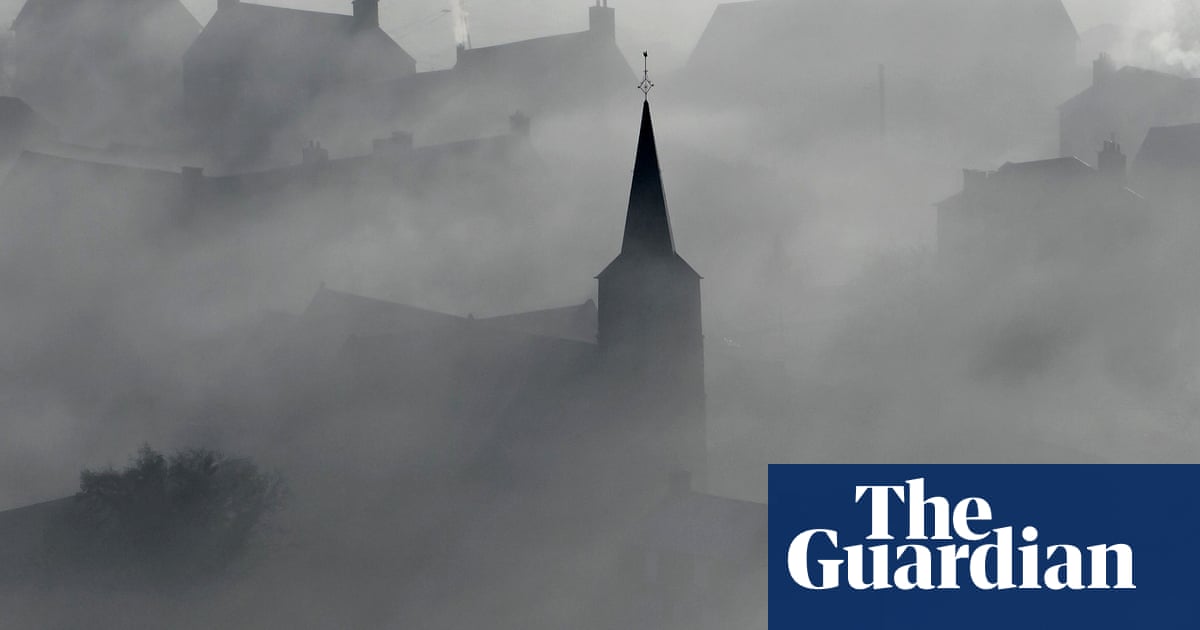
Barque of frailty
Barque of frailty, full of reformed rakes and bookish hearts
Block of fealty, full of knees doffing and hats bending
Barker of fantasy, full of bodies’ memories and memory’s body
Baroque of felony, full of fire curves and wavering sin
Byzantine of fertility, full of ground awakenings and blue sighs
Burst of fragility, full of hairline universes and breaking beats
Bloom of futility, full of pause buttons and waiting rooms
Brioche of flexibility, full of lifted crusts and spongy beds
Bridle of fashionability, full of revolving time and entropy’s glitter
Bulb of formidability, full of electric light never off since 1901
Blush of facility, full of a click’s ease and railway charm
Burial of fallibility, full of resurrected promises and wave logic
Brick of feasibility, full of home lies and silent explosions
Buyer of falsibility, full of nothing much and everything everything
Rishi Dastidar, when interviewed about his second collection, Saffron Jack, praised the list poem as a means of chaos control. List poems are not high on the list of Neptune’s Projects in Dastidar’s third collection, but I kept going back to Barque of frailty because it seemed to me to function as a means of staying life-enhancingly close to the edge of chaos.
Neptune (who says in another poem, “Don’t call me Poseidon. I hate that.”) may well be the speaker in Barque of frailty, expressing one of his post-imperial surges of half-comic dismay, both with England, humans in general and lyric poetry. All the materials for a poem are assembled, swirling attractively, asking the reader to imagine their own connections – or remain at sea and leave the pieces floating.
The ground plan consists of a noun beginning with “B”, a genitive (“F”) noun ending in “y” and an adjectival clause, where the phrase “full of” leads, usually, to various pairings. The alphabetical choice feels random. The sounds add significance, though – the contrast between the loud pint-drinking B and the shy-lipped feathery “f” (a voiceless labiodental fricative) might even add up to a sound sketch of England.
Barque of frailty is a phrase that inevitably evokes the infamous “small boats” and the associated mass tragedies. But the barque’s passengers in line one, the “reformed rakes and bookish hearts”, are seemingly ensconced in the safety of nostalgia. In the next line’s “Block of fealty”, the word “fealty”, like “barque”, locates the action in antiquity, with the following reversal of expectations (“knees doffing and hats bending”) adding an acid drop of absurdism. “Barker”, “Baroque” and “Byzantine” (the last a disguised adjective) carry historical connotations, and so the vision widens.
In line three, it’s the fantasy rather than the barker that’s “full of body’s memories and memory’s body”. The description, though a clever concept neatly expressed as chiasmus, is short on visual punch, unlike the evocative “Baroque of felony” line, where “wavering sin” seems an extension of scary, perhaps punitive, “fire curves”.
In the next line, those “ground awakenings and blue sighs” capture both the solidity and skyward aspiration of the architectural “Byzantine”. We’re in open waters now. I like the way “Burst of fragility” answers “Barque of frailty”: it evokes (for me) the vulnerability of the creative moment, and perhaps even that of some original, non-human creative moment. The “hairline universes and breaking beats” compress time, space and sound, and the “pause buttons and waiting rooms” in the following line (“Bloom of futility”) sombrely restore gravity, make time heavy again.
If this were a sonnet, the “Brioche” line might signal “the turn”. This is the funniest line in the poem: enjoy! The tone now seems to shift more decisively towards admonition. There’s the “Bulb of formidability” and the precise condemnation of “electric light never off since 1901”. The “click’s ease” in the next line perhaps echoes the “pause button” and is suspect, as is, surely, the imperialism-flavoured oxymoron, “railway charm”.
After the unsuccessful attempt at disguise through the “Burial of fallibility,” the bad ship Anthropocene seems to be on its way to doom, with the “Brick of feasibility, full of home lies and silent explosions” and the “Buyer of falsibility, full of nothing much and everything everything”. “Home lies” gives us the measure of Neptune’s cynicism and despair, and the coined word, “falsibility”, covers both fakeness and the ease of faking.
The perception that the overwhelmingly available “everything everything” is finally “nothing much” – and that having it twice makes no difference – orientates us to the morality underlying the free play area the poem offers. Barque of Frailty reflects both the doldrums of 21st-century pessimism underlying Neptune’s Projects and the irrepressible surges of creative energy that speed it over the waves.












